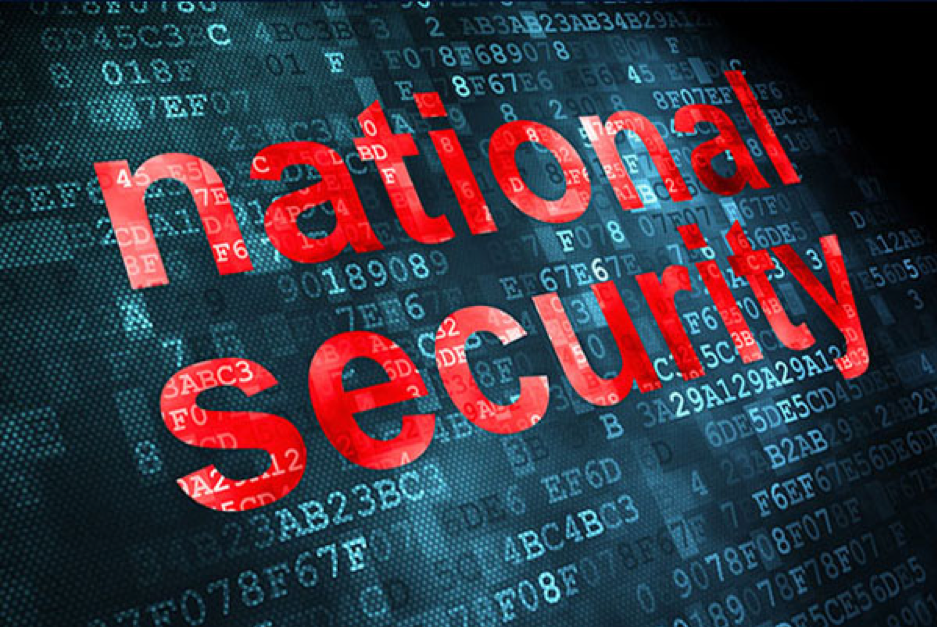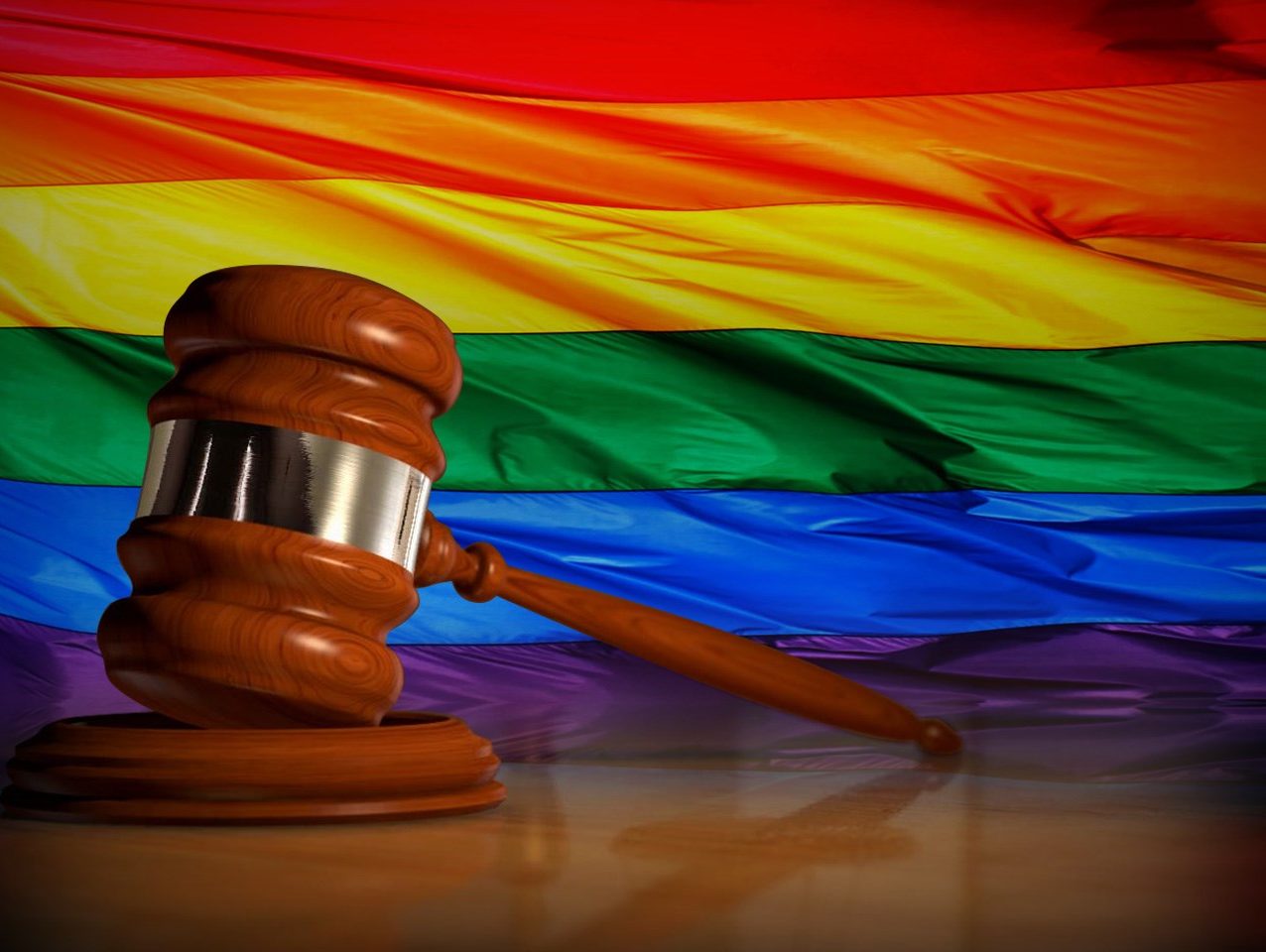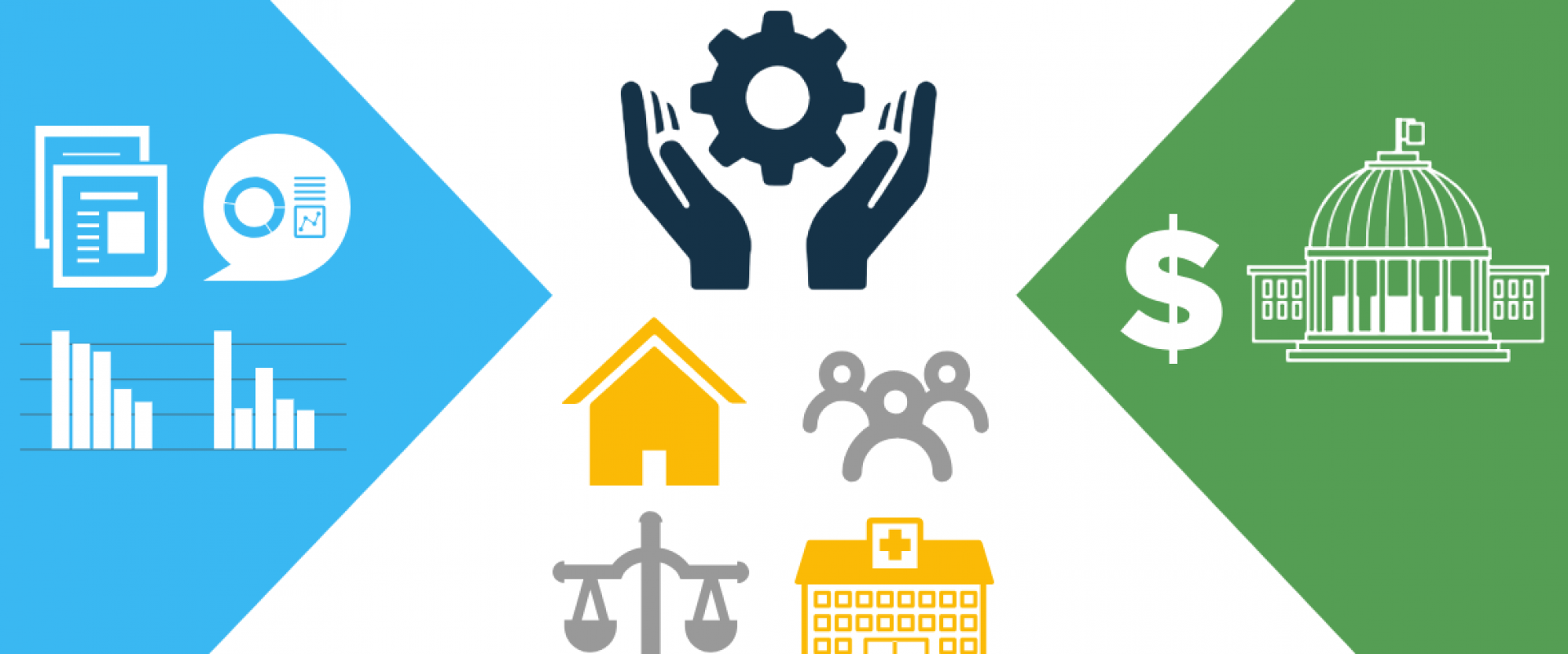
(Source) Lately, vaccines have stirred up a lot of controversy. Anti-vaccinators have taken to the internet to expose supposed horrific results of the practice. This assault on a practice that is imperative to the health of our societies has turned heads and started debates. Misinformation about vaccines is all too common and public health

(Source) As of September 17, 2019, there have been 7 reported deaths and 530 cases of lung injury associated with e-cigarettes and vaping. Doctors across the country are struggling to determine the true cause of this illness with a high incidence among vape product users. Doctors are unable to even prescribe a uniform diagnosis

(Source) The first several years of the Trump Administration have proven to be a renaissance for national security law. Aside from the obvious headline grabbers—the Travel Ban, the emergency declaration, and, of course, the Mueller Investigation—there have been several important lower federal court decisions. These decisions are significant in that they are some of

On Monday April 22, 2019, the Supreme Court of the United States has agreed to hear three cases which seek rulings on whether sexual orientation, transgender status, and transitioning status are protected under Title VII of the Civil Rights Act after years of courts and government agencies taking conflicting positions on this landmark issue. The





